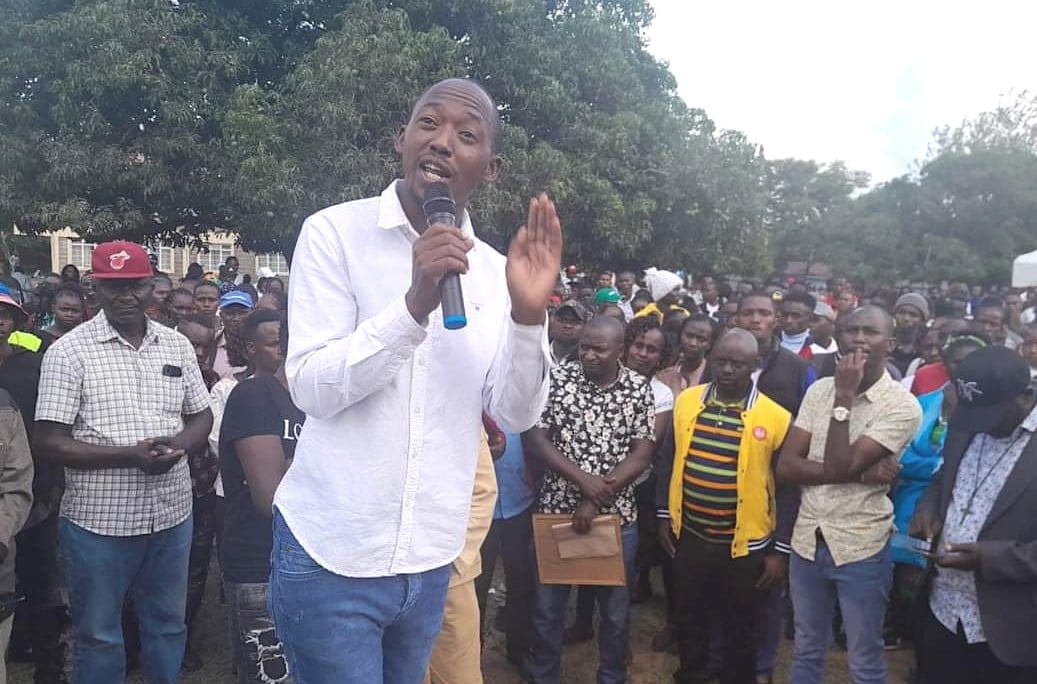Parents in the South Rift region have raised concerns over delays in the release of capitation funds by the Ministry of Education, just days before schools reopen for the second term.
With learning institutions set to resume next week, school administrators and guardians fear that further delays could disrupt operations, affecting the quality of education.
Public schools rely heavily on government-allocated funds to cover operational costs, including staff salaries, infrastructure maintenance, and learning materials.
However, persistent delays in disbursement have left many institutions struggling to meet their financial obligations.
ALSO READ:
MoE releases guidelines for Grade 10 learner placement, taking U-turn on Mathematic choice
“We cannot effectively run schools without timely funds,” said Ann Langat, a parent representative in Bomet County. “Delays force schools to burden parents with extra levies, yet many are already struggling with high living costs.”
Education stakeholders are now calling for stricter oversight to ensure capitation funds are disbursed on time. “The government must prioritize education funding to avoid unnecessary disruptions,” said Grace Tanui, a teacher in Kericho. “Delays hurt both students and institutions.”
As the clock ticks toward reopening day, parents and school heads remain hopeful that the ministry will act swiftly to avert another crisis.
Delayed release of capitation funds to public schools remains a persistent challenge, disrupting learning and forcing institutions to operate on shoestring budgets.
Capitation funds, which are allocated per student under the Free Primary and Day Secondary Education programs, are meant to cover essential school expenses, including textbooks, infrastructure, and operational costs. However, delays have become routine, leaving school administrators in financial distress.
“This is not a new issue—it happens every term,” said Jane Muthoni, a teacher in Nakuru County. “We are forced to borrow from suppliers or ask parents for extra contributions, which defeats the purpose of free education.”
Consequences of delayed capitation include, Accumulated Debts, overburdened Parents, poor Learning Conditions among others and delays repairs among others.
The Ministry of Education has repeatedly pledged timely disbursement, yet delays persist. In the 2023 financial year, Auditor-General reports revealed that some schools received funds months late, forcing them into deficit spending.
“We are processing the funds and expect them to be released soon,” said a ministry official who sought anonymity. However, stakeholders remain skeptical, citing a lack of accountability.
Education experts argue that systemic inefficiencies, bureaucratic bottlenecks, and poor budget planning contribute to the delays.
“The government must automate and streamline the disbursement process to align with school terms,” said Dr. Moses Malawi, an educationist. “Delays undermine the very foundation of free education.”
By Kimutai langat
You can also follow our social media pages on Twitter: Education News KE and Facebook: Education News Newspaper for timely updates.
>>> Click here to stay up-to-date with trending regional stories
>>> Click here to read more informed opinions on the country’s education landscape
>>> Click here to stay ahead with the latest national news.





